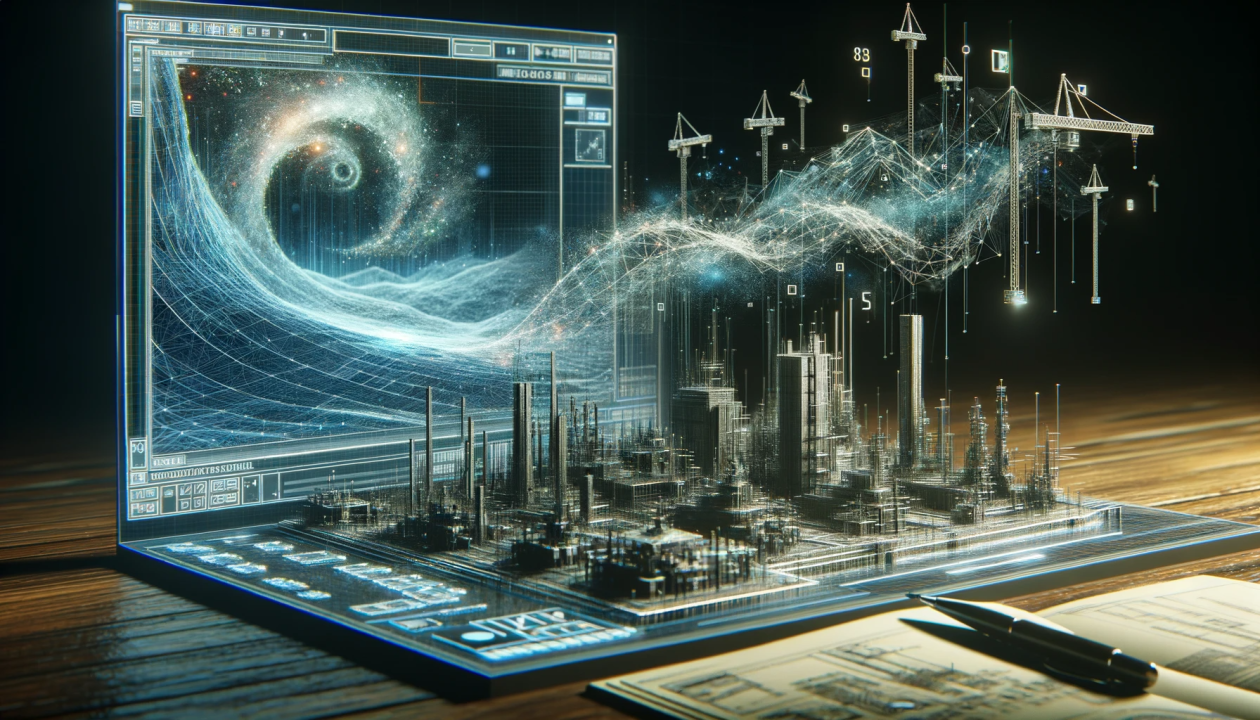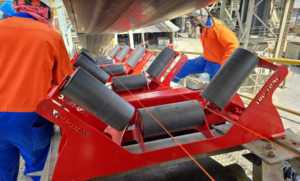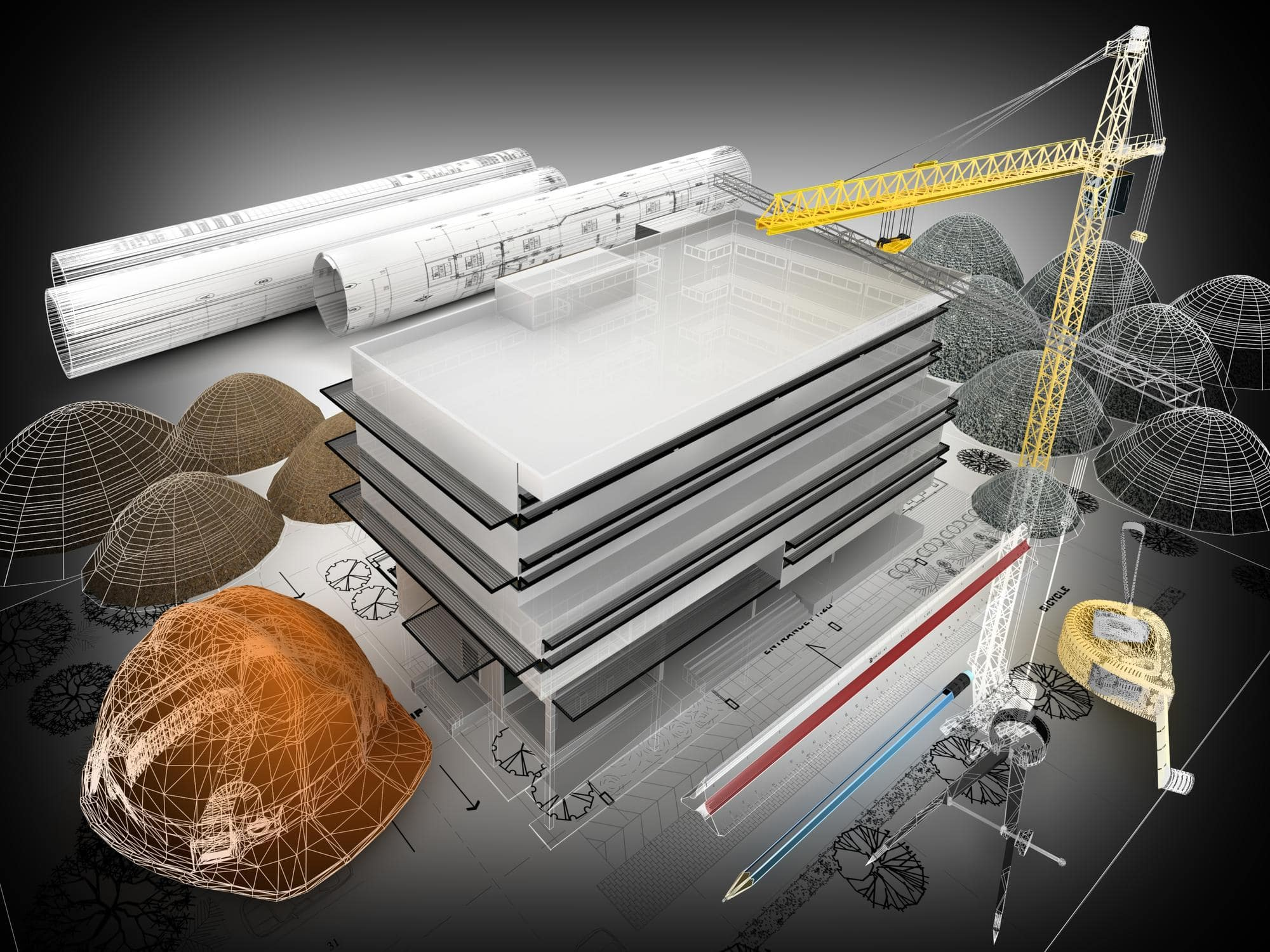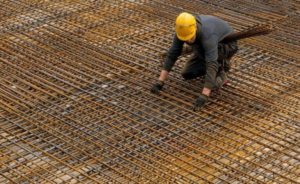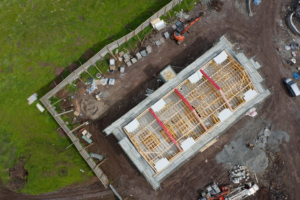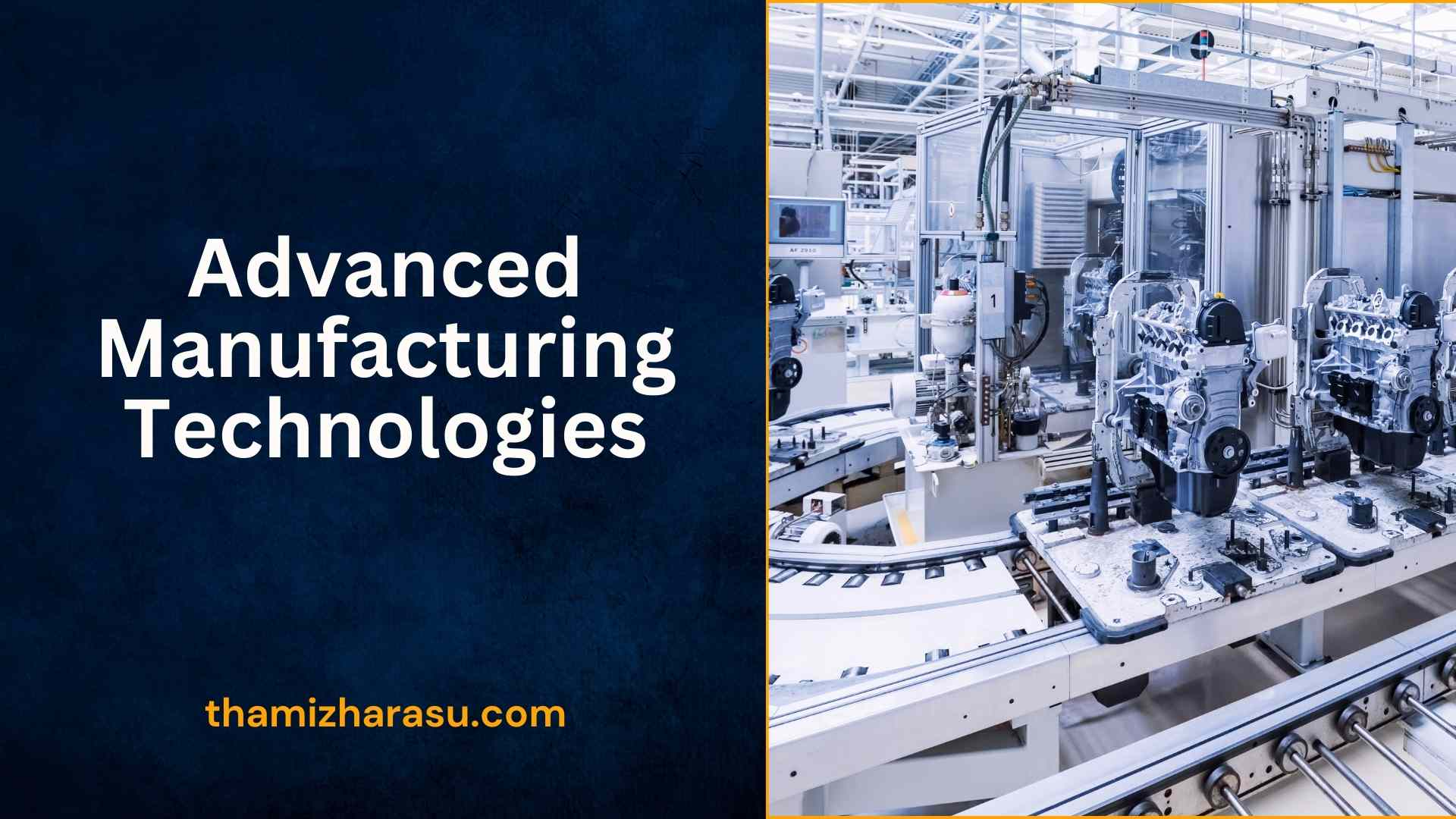Advanced Manufacturing: Revolutionizing the Industrial Landscape. In an era where technological advancements are reshaping industries across the globe, advanced manufacturing stands at the forefront of this transformation. As industries evolve to meet the demands of a fast-paced, technology-driven world, advanced manufacturing is playing a pivotal role in enhancing efficiency, sustainability, and innovation.
The Evolution of Manufacturing
Manufacturing has come a long way from the days of manual labor and simple machinery. The introduction of automation, robotics, and computer-aided design (CAD) has revolutionized the production process, enabling manufacturers to produce goods faster, more accurately, and at lower costs. Today, advanced manufacturing encompasses a wide range of cutting-edge technologies, including additive manufacturing (3D printing), artificial intelligence (AI), the Internet of Things (IoT), and advanced materials.
Key Technologies Driving Advanced Manufacturing
Additive Manufacturing: Often referred to as 3D printing, additive manufacturing allows for the creation of complex structures layer by layer. This technology reduces material waste, lowers production costs, and enables the rapid prototyping of new products. Industries such as aerospace, automotive, and healthcare are leveraging additive manufacturing to produce lightweight components, custom parts, and even human tissues.
Artificial Intelligence and Machine Learning: AI and machine learning algorithms are transforming manufacturing processes by enabling predictive maintenance, quality control, and process optimization. These technologies analyze vast amounts of data to identify patterns and predict potential issues before they occur, thereby minimizing downtime and improving product quality.
The Internet of Things (IoT): IoT devices connect machinery, equipment, and sensors to a centralized system, facilitating real-time monitoring and data analysis. This connectivity allows manufacturers to optimize production processes, reduce energy consumption, and enhance supply chain management. Smart factories, driven by IoT, are becoming the new norm in advanced manufacturing.
Advanced Materials: The development of new materials, such as carbon fiber composites, nanomaterials, and smart materials, is revolutionizing the manufacturing industry. These materials offer superior properties, such as increased strength, reduced weight, and enhanced functionality, enabling the production of more efficient and durable products.
The Impact on Industries
The adoption of advanced manufacturing technologies is having a profound impact on various industries:
Aerospace: Advanced manufacturing techniques, such as 3D printing and advanced composites, are being used to produce lighter, stronger aircraft components. This not only improves fuel efficiency but also reduces emissions, contributing to a more sustainable aviation industry.
Automotive: The automotive industry is leveraging AI, robotics, and IoT to enhance production efficiency and quality control. Electric vehicle (EV) manufacturers, in particular, are benefiting from these technologies to produce high-performance batteries and components.
Healthcare: In the healthcare sector, advanced manufacturing is enabling the production of custom medical devices, prosthetics, and even human organs through bioprinting. This technology is revolutionizing patient care by providing tailored solutions and reducing the time required for medical procedures.
Consumer Electronics: The demand for smaller, more powerful electronic devices is driving the adoption of advanced manufacturing in the consumer electronics industry. Precision manufacturing techniques and advanced materials are being used to produce compact, high-performance components for smartphones, tablets, and wearable devices.
Challenges and Future Prospects
While the benefits of advanced manufacturing are undeniable, the transition to these new technologies is not without challenges. The high initial investment costs, the need for skilled labor, and concerns about cybersecurity are some of the hurdles that manufacturers must overcome. However, the long-term benefits, including increased productivity, sustainability, and competitiveness, far outweigh these challenges.
Looking ahead, the future of advanced manufacturing is promising. As technologies continue to evolve, we can expect further innovations that will drive efficiency, reduce environmental impact, and create new opportunities for industries worldwide. The integration of quantum computing, augmented reality (AR), and blockchain technology holds the potential to further revolutionize the manufacturing landscape.
Conclusion
Advanced manufacturing is not just a trend; it is the future of the industrial landscape. By embracing these cutting-edge technologies, manufacturers can stay ahead of the curve, meet the demands of a rapidly changing world, and contribute to a more sustainable and innovative future. As we move forward, the continued evolution of advanced manufacturing will undoubtedly shape the industries of tomorrow, driving progress and creating new possibilities.






